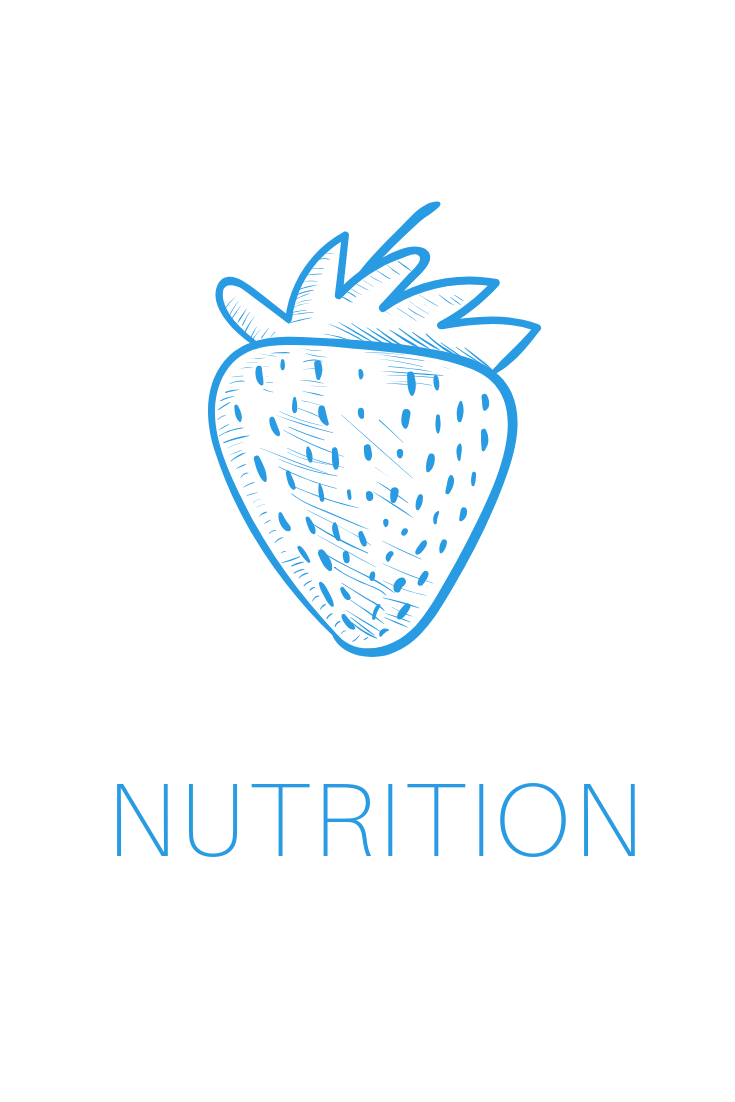Food And Its Effect On Our Brain
“Food does affect mood: highly processed foods increase depression risk, while a whole-food diet can prevent depression and improve mood.” - Professor Jacka
In her book Brain Changer, Professor Felice Jacka sets out to discover whether food can actually change the way we feel. I highly recommend this book to anyone who has an interest in the effect of food on our mental health. I realised I couldn’t even attempt to summarise this book, so have highlighted two interesting areas of research that will hopefully be both relevant and helpful.
We know and accept that the quality of our diet affects the health of our heart, bones and liver. Professor Jacka’s research set out to discover whether our diet also has an impact on the health of our brain. Throughout the collation of the most recent and up to date research, it seems clear that food has a powerful impact on our brain and therefore nutrition can be impactful on our mental health throughout our lives.
Nutrition and the adolescent brain
In Australia, roughly 40% of the calories children and adolescents consume come from ultra-processed junk foods (in the US this number is as high as 60%). Adolescence is a time when a young person undergoes substantial growth in the brain with a surge of neuron development (the brain’s nerve cells) before puberty. Therefore the adolescent brain is is particularly vulnerable to damaging exposures that can disturb brain development. Tasty junk foods with their addictive levels of fats and sugars are marketed to adolescents and are very hard to resist. Conclusive research concludes that excess junk food may impair cognitive functioning and impulse control in adolescents.
One interesting finding is that both low intakes of healthy food and high intakes of unhealthy foods appear to be problematic for mental health. There is a tendency to assume that as long as young people are getting their vitamins and nutrients from the “good foods”, this will then balance out the excess junk foods they may be eating. However, the evidence suggests that no matter how much healthy food you consume, excess junk food will still have a negative effect on your child’s brain. So even if you are feeding children lots of fresh fruits and vegetables at home, but they are then going to the corner shop for sausage rolls, chips and ice creams every day after school, current evidence suggests that this appears to be problematic for mental health.
What The Research Says
In 2017, Professor Jacka published the results of the SMILES trial (Supporting the Modification of Lifestyles in Lowered Emotional States) which was a detailed study assessing whether helping people improve their diets would have a meaningful impact on their depressive symptoms. The trial recruited 180 people with clinical depression who were randomly assigned to either the dietary support group or a social support group. Those in the social support group would meet regularly with a research assistant who would offer general well being and emotional support. The dietary support received individual guidance from a clinical dietician to make improvements in their diets. The diet plan was based on the mediterranean diet with a focus on vegetables, fruit, legumes, nuts, wholegrain, fish and olive oil. It also included small serves of unprocessed red meat three to four times per week.
In order to qualify for this study, participants had to have a poor diet to begin with, so often the changes were minimal but impactful. The changes were made slowly over a period of 3 months and started with a reduction in the intake of “extras” food such as chips, sweets, fast foods etc. They were then encouraged with other small changes such as replacing white bread with wholegrain, fast food with home cooked meals, sausages with fish, chips with fruit.
Therefore, with such small changes, there was much excitement when the analysis showed a marked difference between the two groups. Both groups improved, however, there was only an 8% improvement in the mental health of the social support group compared to 30% of the dietary support group going into remission - meaning 30% of the dietary group were no longer classified as depressed.
“I think that, based on all the evidence, diet and exercise should be an actual prescription from the doctor or psychiatrists, written down just as a prescription for a medication might be.”
What should we eat?
Professor Jacka concludes: “The traditional Mediterranean style diet is by far the dietary pattern with the largest and strongest research evidence base for health benefits, including mental health…..The overarching theme is whole, unprocessed foods, with an emphasis on plant foods, lean and unprocessed animal foods (fish and grass-fed red meat), healthy (unsaturated) fats from plant and fish (i.e. olive oil, oily fish and nuts), and wholegrain foods.”
by Angie Black
ANGIE BLACK
BLOG CATERGORIES:







